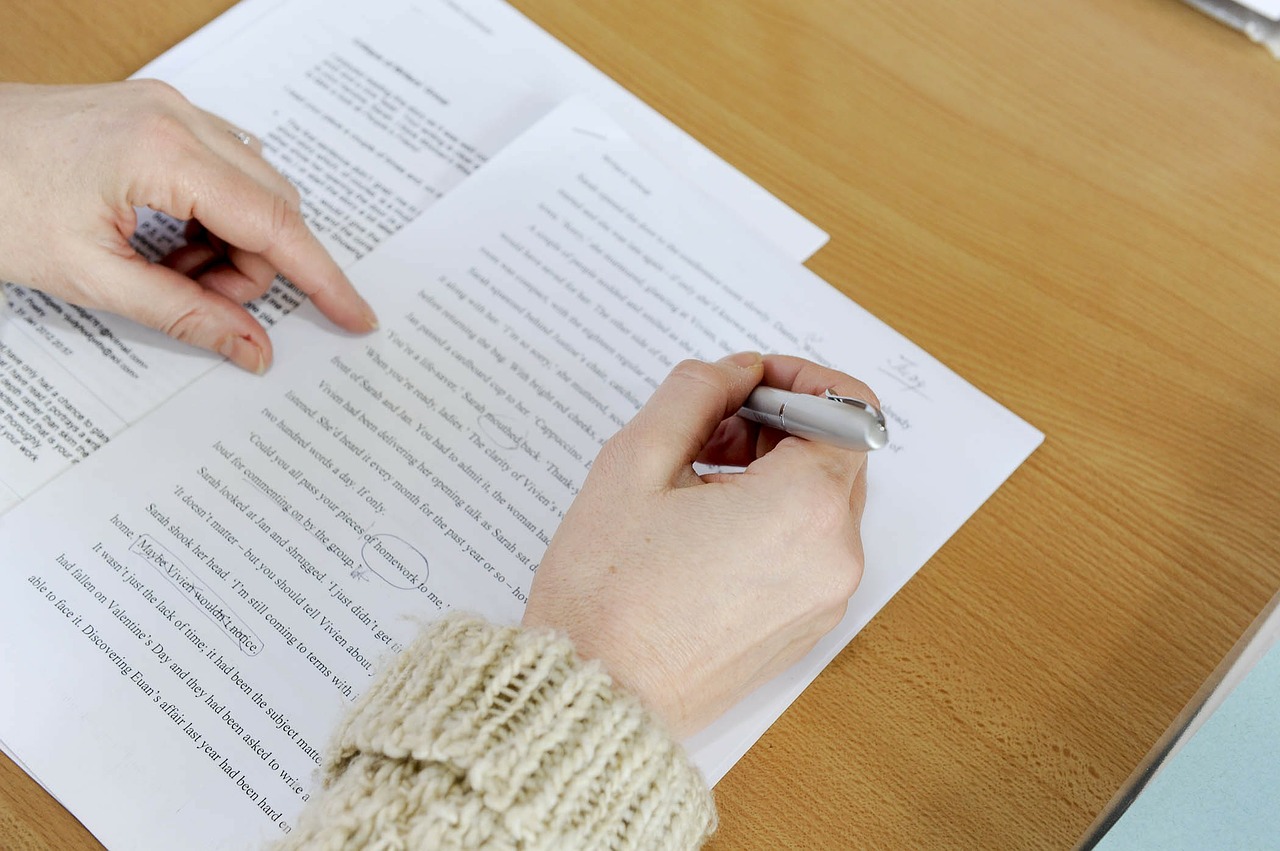The Ultimate Study Survival Guide
Studying can be absolute hell. Anxiety levels are through the roof, you’re caffeinated up to the eyeballs functioning on a few hours sleep and generally have a constant supply of chocolate on hand. Let’s just say I’ve had some of my worst days during the exam period at university, but through a few years experience I now have a few tips and tricks up my sleeve. So here it is, my ultimate study survival guide.
My favourite tool at the moment for study is online flashcards. No longer do you have to spend hours and hours writing out these awesome study tools, but you can do it all online here, saving a lot of time. Keeping it online means you save your hands from terrible writers cramp and make it super easy to collaborate with other classmates. But my favourite thing about Cram.com, it’s available across multiple devices. This means when I’m sitting at the bus stop or waiting for my train I can kill two birds with one stone, whip out my online flash cards on my phone and get some study in. This has also helped with easing the pain of last minute cramming, as now I find myself studying throughout the year with the flashcards I have created.
Believe it or not studying during the day is far more effective than studying at night. When a classmate first told me this I didn’t believe them (I was renowned for pulling all nighters), but I looked it up and it’s true. 60 minutes of study during the day is equivalent to 90 minutes at night. So if possible stick to daylight hours when studying.
Plan your study in blocks. I set myself up on a timer and do 40 to 50 minutes worth of study (with no distractions, so shut down Facebook and Twitter) and then give myself a 10 to 20 minute break. This made huge improvements in my study technique and I have become super productive during the minutes I have allocated to studying.
Learn your learning style. We all learn and retain information differently so there is no point studying in a way that works for someone that doesn’t work for you. There are plenty of tests you can go to online to figure out the way you learn best and then change your study technique to suit this. For example I’m a visual learner, so in my flashcards I like to include drawings and diagrams to help my brain retain the information better.
Eat well. Seriously I know it’s so easy to go to the local canteen and power through chocolate, chips or any other food that you think will make you feel better. But science shows the detrimental effects bad foods have on the brain. I like to fill my diet with specific brain foods that help with memory retention. Fill your diet with fish oil, nuts and seeds, fruit and vegetables, and surprisingly coffee too (just don’t over do it).



